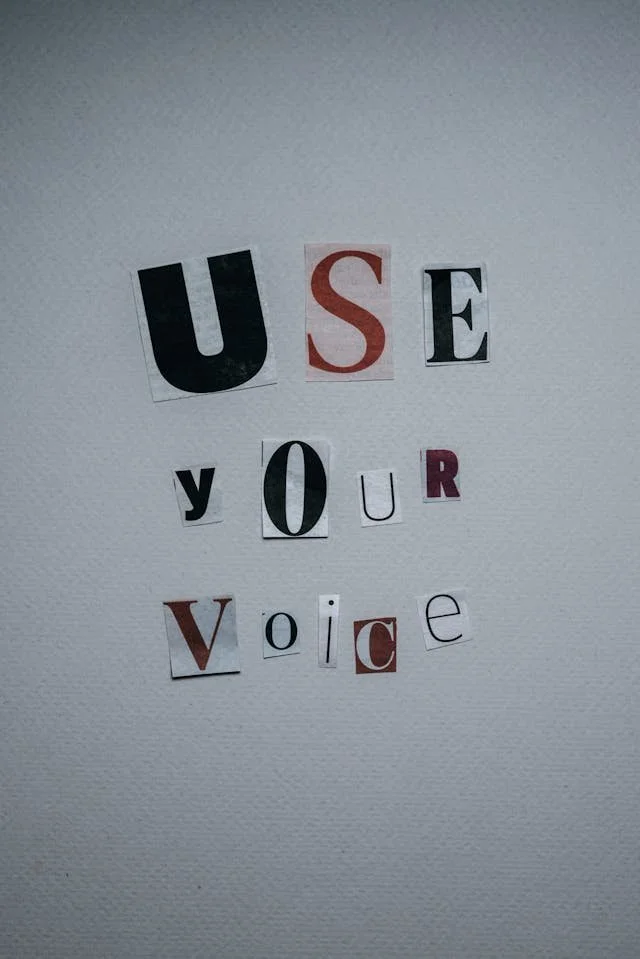Feels Like Herod: Fear, Power, and the Fragile Ego of Empire
Photo Credit: Polina
by Derek Penwell
Herod isn't just the mustach-twirling villain in the Christmas pageant.
He's an archetype. His legacy is etched into history's recurring story of strongmen. You know the kind: insecure men with too much power and too little trust, clinging to authority like a pit bull to a stolen bone. These knuckle-draggers cling to power not because they're strong, but because they're terrified.
- Terrified of change.
- Terrified of truth.
- Terrified, most of all, of justice.
When Herod heard that a baby had been born with "King of the Jews" hanging on a hospital isolette, he didn't weigh the merits of peace or pluralism. He did what every insecure ruler does when faced with even the hint of democratic accountability: He panicked. Then, he lied.
Eventually, he spilled the blood of innocents to preserve his illusion of control.
That's how strongmen work: They don't fear anything as much as they fear an uprising of justice. Because justice threatens the scaffolding they've built out of hatred, fear, privilege, and propaganda.
The folks currently calling all the shots in this country don't even pretend to serve the people. American Herods come wielding crosses and wrapped in flags. They cast themselves as saviors of a system they're actively dismantling. They ban books, tell women what to do with their bodies, and lash out at anyone who looks or sounds different ... all in the name of "freedom."
They dismantle civil, immigration, and voting rights while preaching "integrity" and strict adherence to both the Bible and the Constitution (which, for many of them and their followers, are indistinguishable).
But beneath all the chest-thumping and performative patriotism are the same fragile egos that once trembled at the news of a rival, notwithstanding the fact that that rival had yet to even start eating solid foods. Herod, like all authoritarians, couldn't abide any kind of justice that didn't need swords to win.
And that kind of justice?
It's at the very heart of democracy.
Democracy, at its best, is the political expression of a moral conviction: that all people matter, that all voices deserve to be heard, and that no king, no party, no billionaire is above the accountability of the people who elect them.
Herod hates that kind of justice because it can't be bought by the highest bidder or bullied by goons in masks hiding behind a veil of tear gas. Instead, it insists that power serve the common good and not the folks in black SUVs with tinted windows.
So what does this mean for people trying to follow Jesus in a time when more misguided folks than anyone should be comfortable with are convinced that if Jesus were here, he'd be wearing a red baseball cap and consigning our neighbors to Florida concentration camps?
I think it means that we've got to stop pretending neutrality is an option.
Because here's the thing: Jesus wasn't crucified because he was nice, or because he asked people to act like doormats before everyone with an outsized ego and an AR-15. He was unjustly put to death by a heartless tyrant, backed by a powerful empire that felt threatened by the transformative power of love. This love challenged the unjust norms, instilling fear in the oppressors of the vulnerable--the widows, the orphans, and the strangers among us.
Jesus healed all the wrong people on the wrong days. He confronted the religious leaders who were appointed by and thereafter collaborated with whichever despot happened to bat imperial eyelashes at them. Everything Jesus did appeared to threaten the fragile egos of self-satisfied Philistines, trying to hold onto power with fists soaked in blood.
Pro tip: Anytime you hear somebody invoke faith to defend cruelty, exclusion, or hierarchy, remember that's not Jesus (or anything he ever said or did). That's Herod in a comb-over and a blue suit.
And, perhaps even more importantly, when people of faith stay silent in the face of creeping authoritarianism by letting Herod define justice on his terms, we betray the very Spirit who called us to love without condition and speak without fear.
Let's be honest: Democracy and justice aren't self-sustaining. And the problem is that Herod and his minions don't rest.
So, neither can we.
We shouldn't be surprised when strongmen rise up. Anytime there's a vacuum, a new despotic wannabe prairie dog his head out of the ground (gender intended). Instead, we need to be prepared to resist them ... even when our hands tremble and our knees turn to jelly.
We come armed with a love that seeks justice, defends the vulnerable, and builds community on top of the rubble left by Herod's hatred and fear.
Because though Herod still reigns, he doesn't get the final word.
Not if we refuse to give it to him.

